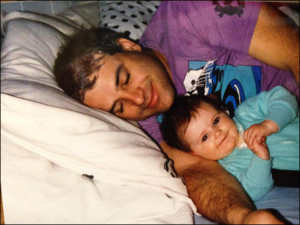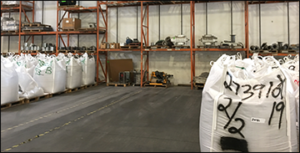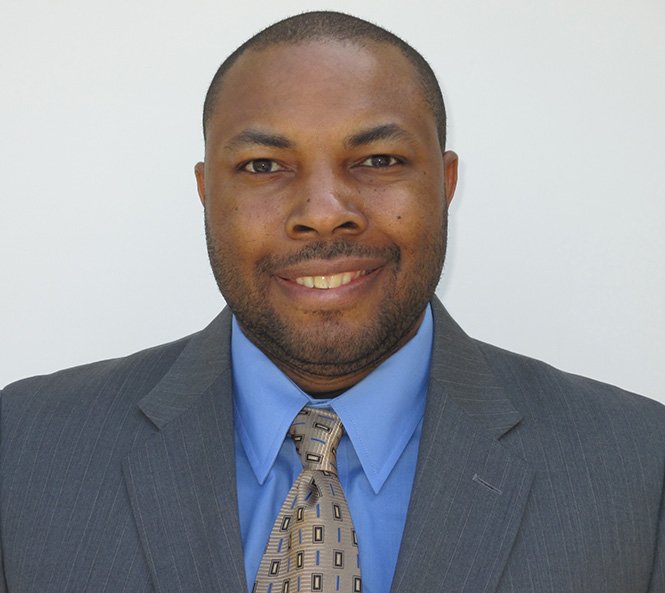Using my processes as an advantage, I quit my job, hit the streets and tried to raise money to advance this. I ran into some guys quickly that loved the idea and wanted to get involved in it.
BI: Did you partner with them?
JDB: Yes, we started U.S. Platinum. But with the excitement we moved faster than we should of.
I should have done my due diligence and picked the right partners.
We bought a big operation that was closed down and were able to buy it pretty cheaply. It had millions of dollars in capitalization and equipment. I retrofitted the plant to fit my process.
BI: What was your greatest accomplishment at U.S. Platinum?
JDB:
We had one of the highest traded stocks on the Vancouver Stock Exchange. We had everything, the infrastructure and the process was great, it gave us a huge competitive advantage at the time.
We were running 24 hours a day, 7 days a week, cranking out a close to pure platinum product.
BI: What was your most disappointing moment at U.S. Platinum?
JDB: We never got enough financial strength behind us to really penetrate the market– millions of dollars were tied up just in inventory.
The disappointing part is that it all sorta collapsed from financial issues, and ended up closing down. That was painful.
BI: How did it impact your family when your business closed?
JDB: My wife and I had a young family with a newborn. With all the problems of closing a business down it was hard on her…. She’s got a husband with a failing business and financial liabilities as the company’s president.
There was a lot of stressful things going on. To me, it was just part of the course…I’d been in that mode for so long, it was just part of the day. But she was kind of getting anxious about it.
Plus, I was involved with other ventures.
BI: What did you do next?
JDB: So my wife said, “Look, you’re like an actor. You’re only as good as your last gig. You’ve got this going on, that going on and we need stability.” And I said, “Okay, I understand. If my latest greatest venture doesn’t work out in like six months, I’ll bite the bullet and go work for someone.
Well, the venture didn’t work out, so I contacted A-1 Specialized Services in New Jersey who were big catalyst suppliers for U.S. Platinum.
BI: What strengths would you bring to A-1?
JDB: I said to A-1, “If we get together, I’ll bring my technology and experience and add it to your business…we could really grow.”
They liked this idea, so we moved to New Jersey.
BI: What was your involvement with A-1?
JDB: When I came, I thought I was going to build a refinery, final refinery, but I realized that you have to walk before you can run, or crawl in this case. So we needed to set up some of the basic things needed to move material and set up sampling systems.
BI: How did you make a difference at A-1?
JDB: They bought a big building, we set up there and they were growing. They really dominated this industry for a long time. They were the market maker.
When I started they doing around $25 million in annual sales. When I left they exceeded $1 billion in sales.
BI: After having such an impact why did you leave A-1?
JDB: I wasn’t the happiest because I felt like a caged animal. If I was single I probably would only have lasted a week, but when you have a family to support you can’t have an interruption of income.
 I wanted to build on my experience in this industry. So I approached the group that Toyota, Tanaka, and DOWA created called Nippon PGM America, who was looking to build a sampling facility in the United States.
I wanted to build on my experience in this industry. So I approached the group that Toyota, Tanaka, and DOWA created called Nippon PGM America, who was looking to build a sampling facility in the United States.
The sampling facility was an important step in their process, because prior to that, they would send material to Japan to be sampled and analyzed, creating a huge time lag.
The sampling is the most important part of the whole transaction. It defines the value of the material and is the focal point of how the value is established.
So I saw it as an opportunity to move on and created the company Key Engineering Solutions LLC to build the plant.
BI: What did you do after building the plant?
JDB: Nippon PGM America asked me to stay on as General Manager. For six years I put my company on hiatus while I was contracted to work with them.
It was a great place, but I felt like I didn’t have control over my own destiny.
 Sampling is a very important part of this whole process but it doesn’t generate platinum. To be in control of your own destiny you have to be vertically integrated.
Sampling is a very important part of this whole process but it doesn’t generate platinum. To be in control of your own destiny you have to be vertically integrated.
I built my own plant to de-can catalytic converters and left Nippon to run Key Engineering Solutions full time and grew the business to a respectable size.
BI: Did you do this alone?
JDB: No. I had my right hand Mike Crosby.
BI: What was his role in helping you build Key Engineering Solutions?
JDB: I wanted to develop the collection end and build it from there. I started by building a database of information that could identify different values of different converters.
When I’d started to build my database, I was buying them on eBay. Well Mike was selling them to me and realized that we didn’t live that far from each other. So he said, “Well what if I just save on the shipping and just drive over.”


